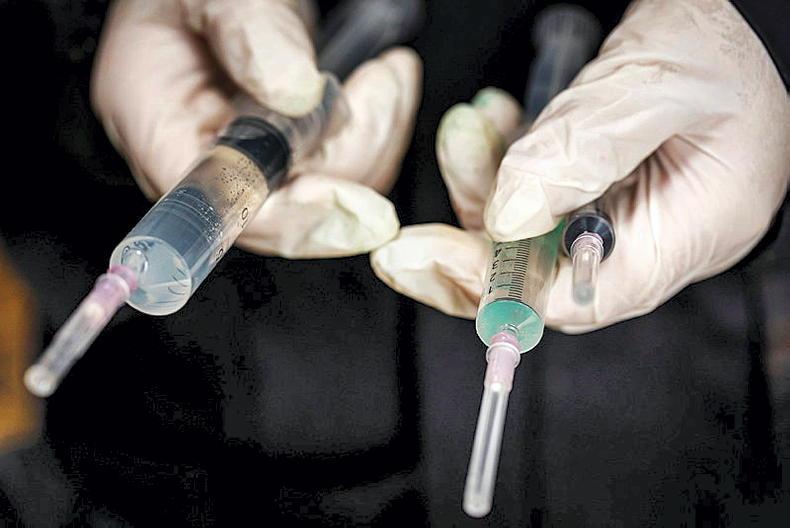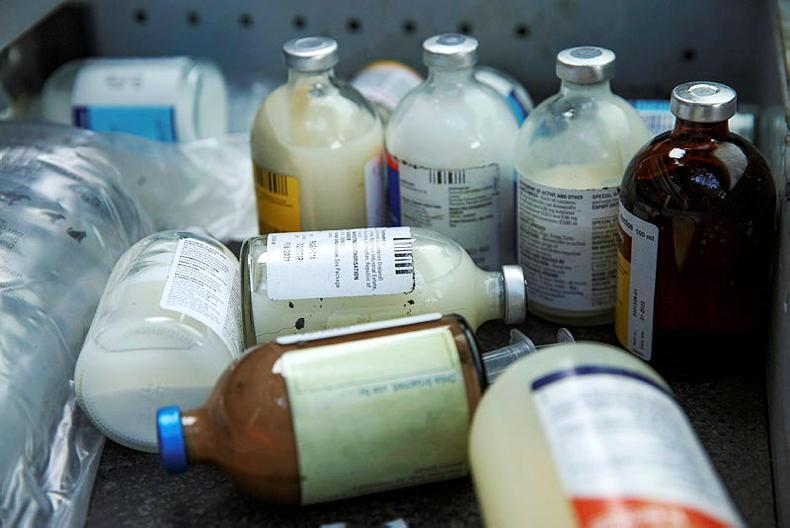AVAILABILITY of veterinary medicines on the island of Ireland was a complicated business, made more so by Brexit. The VMD based in London regulates licensing, manufacture and supply in the UK (both GB and NI). Responsibilities are split in ROI: the HPRA oversees the licensing and manufacture part; DAFM (Dept. of Agriculture) the wholesale and retail links in the supply chain.
The UK is a much larger market than ROI, manufacturers might only have a valid licence for one and not the other, or indeed they might prioritise supply into one market over the other. The situation was easier pre-Brexit as many of our veterinary medicines were dual-licensed with the UK – many of us didn’t know it, and most didn’t think about the effect and implications!
Differences in labelling and packaging equals increased cost; which means reduced availability. In ROI, we had drugs labelled ‘VPO’ – Veterinary Practitioner Only - these included sedatives, which vets could not supply, only use ourselves. In ROI (but not in UK), these are now POM (Prescription Only Medicines). P.S. some might think that vets can dispense all POMs to clients: not so if the product literature specifies that it can be used only by a vet, or perhaps vet nurse. Ask your vet!
A new EU Veterinary Medicines Regulation (EC 6/2019), Brexit (meaning the UK is free to make more independent choice) and the Windsor Framework (which constrains matters for NI) brought change, change, change!
EC 6/2019 brought new requirements both for licensing and supply. The practical effects include new requirements as to how veterinary medicines are labelled in the EU – the plan is to simplify labels, replacing many words with symbols and infographics; placing the words in leaflets instead. The UK seems set to diverge from these requirements, with major implications for the supply of previously dual-licensed products into the Irish market.
DAFM are introducing new national (ROI) legislation to give full effect to 6/2019 here. Anti-parasitic products (including dewormers for horses) are set to be reclassified as POM in ROI. Legally, only registered veterinary practitioners can write prescriptions for animals; but DAFM will permit (as they already do) that some POMs might be supplied via agri and equestrian merchants (as well as by vets) on foot of a veterinary prescription.
DAFM have declared that they will introduce an electronic prescribing system that vets must use for all medicines they prescribe (i.e. POMs) for food-producing species (which includes horses); this won’t apply to non-POMs such as vitamin injections.
Could we see some flexibility around:
In Northern Ireland, under UK legislation, some trained non-vets have historically prescribed some POMs, including dewormer products; this looks likely to continue, setting up a divergence in supply chains between one side of the border and the other. More generally, there has been widespread growing concern in NI that the availability of veterinary medicines there will be under a very real and ever-increasing threat – they depend on supply from GB - differences in regulation mean increased cost and reduced access.
The bottom line for consumers, i.e. animal owners, is availability – readers want access to a comprehensive range of product with high quality, safety and efficacy standards; these should be available when needed and appropriate, and at a competitive price. Owners need to have confidence in the product and be able to understand the label and instructions whether offered by vets, merchants or the leaflet.
Growing variance in standards, legislation and supply chain between ourselves and our nearest neighbouring same-language neighbours means more problems – with licensing, with manufacturing and, most importantly to this readership, with supply.




 This is a subscriber-only article
This is a subscriber-only article
 It looks like you're browsing in private mode
It looks like you're browsing in private mode






SHARING OPTIONS: